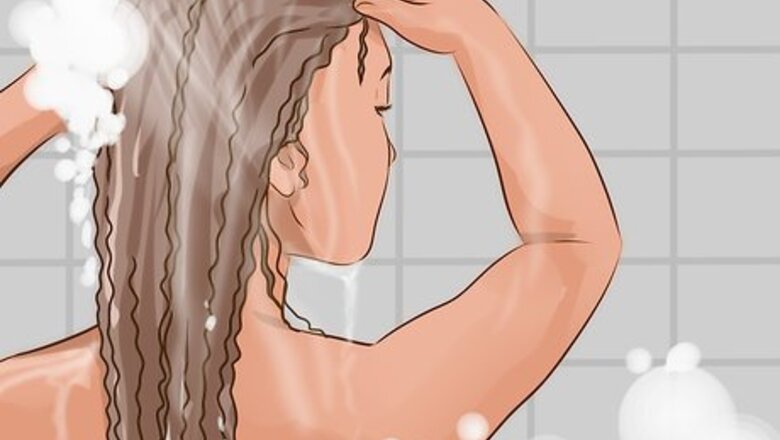
views
X
Research source
Putting Your Best Foot Forward
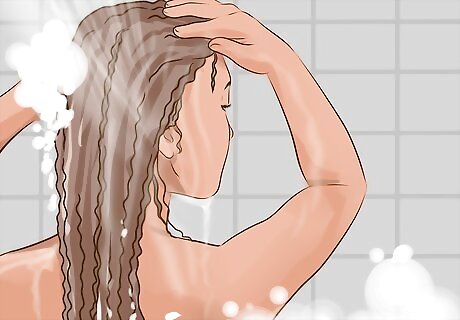
Shower every day or at least every other day. This is the best way to get rid of any dirt, sweat, and/or germs that your body may have accumulated throughout the day, and prevents hygiene-related diseases. As a plus, showering helps you feel, look, and smell your best throughout the day. Use a loofah, sponge, or hand towel to gently scrub your entire body, removing dead skin cells and dirt. Remember to replace these items regularly as they can easily harbor bacteria. If you don't want to wash your hair every day, then invest in a shower cap and wash your body with soap and water. If you don't have time to shower, then use a hand towel to rinse your face, underarms, and genitals at the end of the day.
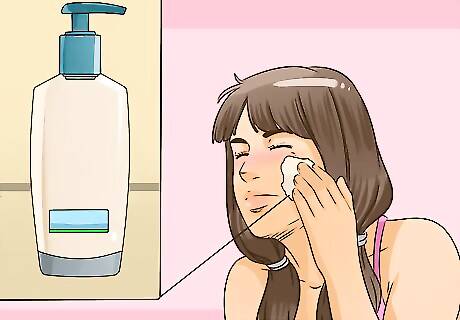
Choose a daily face cleanser. Remember that the skin on your face is more sensitive than on other parts of your body. You can either use your face cleanser in the shower or wash your face separately at the sink. Avoid using hot water as this will make your skin irritated and flaky. Take your skin type into account when choosing a face cleaner. If you have very dry skin, avoid products that has high alcohol content, as this will further dry out your skin. If you have very sensitive skin, opt for hypo-allergenic products that contain less harsh chemicals. If you wear a lot of makeup, find a cleanser that also specializes in removing makeup. Otherwise, buy a separate makeup remover and remove all makeup before washing your face at the end of the day.
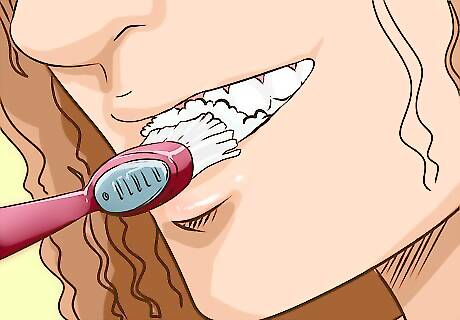
Brush your teeth every morning and evening. Regular tooth-brushing and flossing helps prevent gum disease, which has been linked to other illnesses elsewhere in the body like heart disease, stroke, and diabetes. It is especially important to brush teeth after eating sweets or acidic foods that cause tooth erosion. To keep your gums extra strong, carry around a travel-sized toothbrush and toothpaste and brush your teeth in between meals. Floss your teeth every night to prevent the gum disease gingivitis.
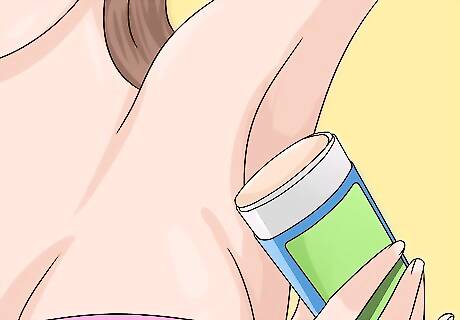
Use a deodorant or antiperspirant. Antiperspirant helps control excessive sweat, while deodorant covers up unpleasant body odor caused by sweat. Consider using a natural, aluminum-free deodorant to reduce potential health risks associated with conventional deodorants. If you choose not to wear deodorant on a daily basis, then consider wearing it on the days when you plan on sweating excessively, or for special occasions. Apply deodorant before playing sports, going to the gym, or attending a formal occasion. If you don't wear deodorant, then rinse your underarms with soap and water throughout the day to remove unpleasant odor.
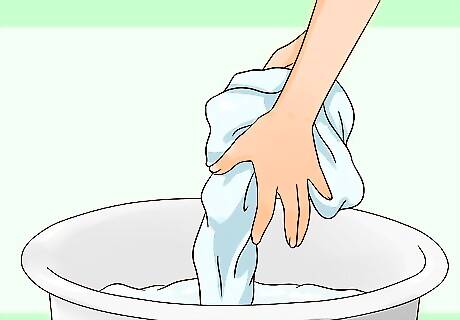
Wash your clothes after wearing them. In general, shirts should be washed after every use, while pants and shorts can be worn a few times before they require washing. Use your best judgment to determine how often to wash your clothes. Remove any stains from your clothing before wearing them. Iron out wrinkles, and use a lint-remover to remove unwanted lint and hair from clothing.
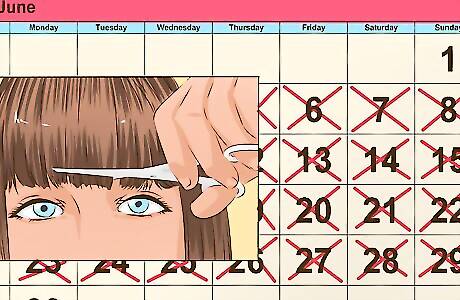
Trim your hair every 4-8 weeks. Whether you're trying to grow your hair out or prefer to keep it short, trimming it will keep hair healthy, get rid of split ends, and give an overall cleaner, healthier appearance.
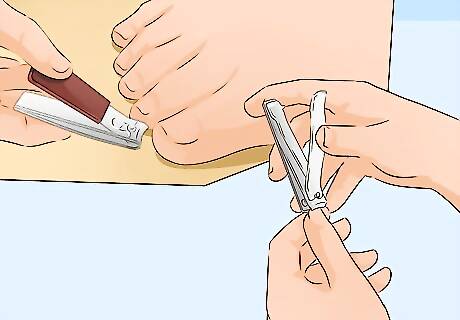
Clip your fingernails and toenails regularly. Not only will this keep your hands and feet looking their best, it will prevent hangnails, breakage, and other potential damage to your nails. Short nails can't trap dirt under them the way long nails do. How often you clip your fingernails will depend on your personal desired length. To decide, take into account what you use your hands for on a daily basis. If you spend a lot of time typing on a computer or playing the piano, for example, short nails are probably the best option for you. If you prefer longer nails, that's fine too, but be sure to trim them every so often to prevent breakage. Use an orange stick to remove dirt from underneath the fingernails to prevent bacterial infections.
Preventing Illnesses
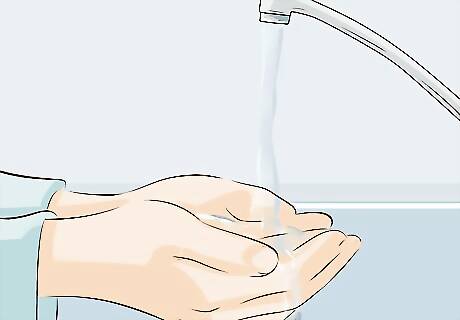
Wash your hands with soap and water. This is one of the most important ways to avoid getting sick and spreading germs to others. Wash your hands after using the restroom; before, during, and after preparing food; before eating food; before and after caring for someone who is sick; after blowing your nose, coughing, or sneezing; and after handling animals and/or animal waste. Consider keeping a hand sanitizer with you at all times in case you do not have direct access to soap and water. Prevent disease spread through school hygiene tips. "As a teacher, I was looking for hygiene tips to share with students to prevent illness spread at school. This article covers handwashing, cleaning, and other great science-backed disease prevention measures in an easy-to-understand way." - Louie B. Step through guide to achieve better health. "I appreciated how this hygiene guide methodically goes through daily self-care routines like bathing, oral care, and more. Following these steps has improved my health, appearance, and confidence from head to toe!" - Abdikadir J. Refresh corporate teams on hygiene best practices. "Working in an office, we never get basic hygiene refreshers. I'm grateful this article covers best practices for cleanliness in a clear, approachable way. My whole team will benefit from this useful back-to-basics overview." - Sipho M. Incorporate hygiene habits to prevent infections. "As a busy working mom, it's easy to let some hygiene habits slide. This article was a wake-up call for me to be more diligent in preventing sickness. I especially appreciated the science-based explanations on how each tip fights infections." - Shubham K. We want to hear from you! Advice from our readers makes our articles better. If you have a story you’d like to share, tell us here.
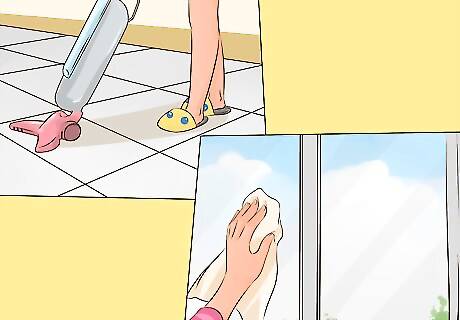
Clean the surfaces in your home regularly. You should wipe the kitchen counter, floors, shower, and dining tables at least once a week using either soap and water or conventional household cleaning products. If you live with other people, consider coming up with a system of chores and alternate cleaning jobs every week. Consider using eco-friendly cleaning products that contain less harsh chemicals than the conventional brands. Always wipe your shoes on a doormat before entering the home. Consider taking your shoes off and leaving them at the door before entering the home, and asking guests to do the same. This will prevent the spread of dirt and mud throughout the house.
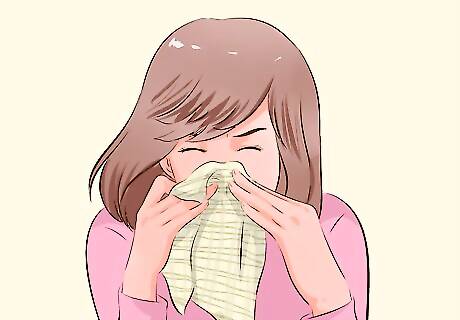
Cover your nose and mouth when you cough or sneeze. This is extremely important if you want to avoid spreading germs to those around you. Be sure to wash your hands with soap and water after you cough or sneeze.
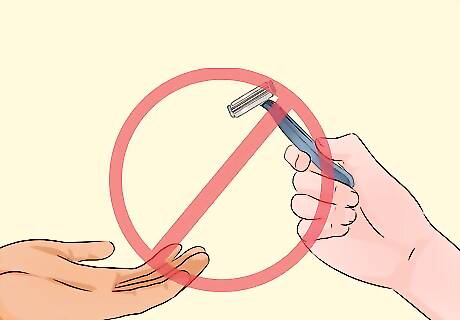
Don't share razors, towels, or makeup with other people. Sharing personal items like these with other people increases the likelihood of spreading Staph infections. If you do share towels or clothing, be sure to wash them both before and after lending them to others.
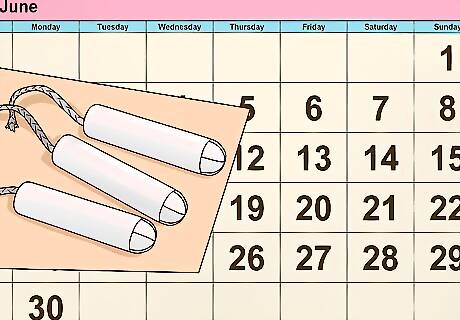
If you use tampons or pad, make sure you change them regularly. People who use tampons should change them at least once every 4-6 hours to reduce the likelihood of getting toxic shock syndrome (TSS). People who use pads should change them every 4-8 hours. If you plan on sleeping more than eight hours, then wear an overnight pad instead of a tampon while you sleep.
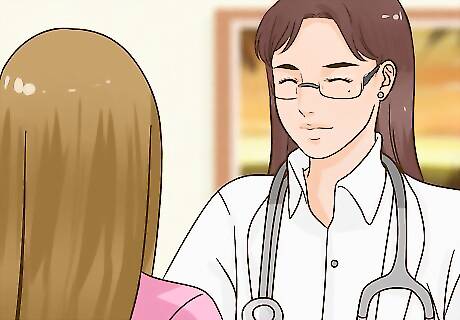
Keep up with doctor's visits. Seeing your doctor regularly can help catch illnesses and infections early, making it much easier to treat them. Visit your primary care physician, dentist, gynecologist, cardiologist, or any other physician you may be seeing on a regular basis. Visit your doctor when you are feeling sick or think you may have an infection, and be sure to keep up with routine check-ups.











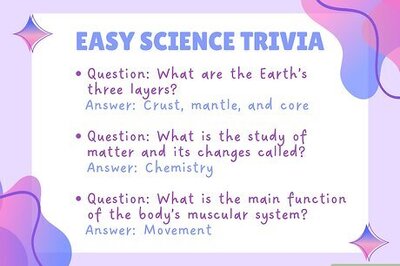
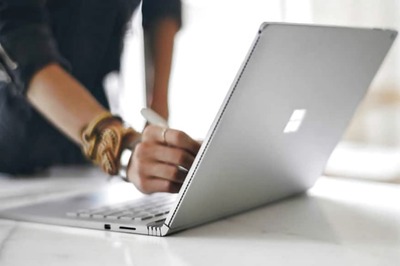







Comments
0 comment